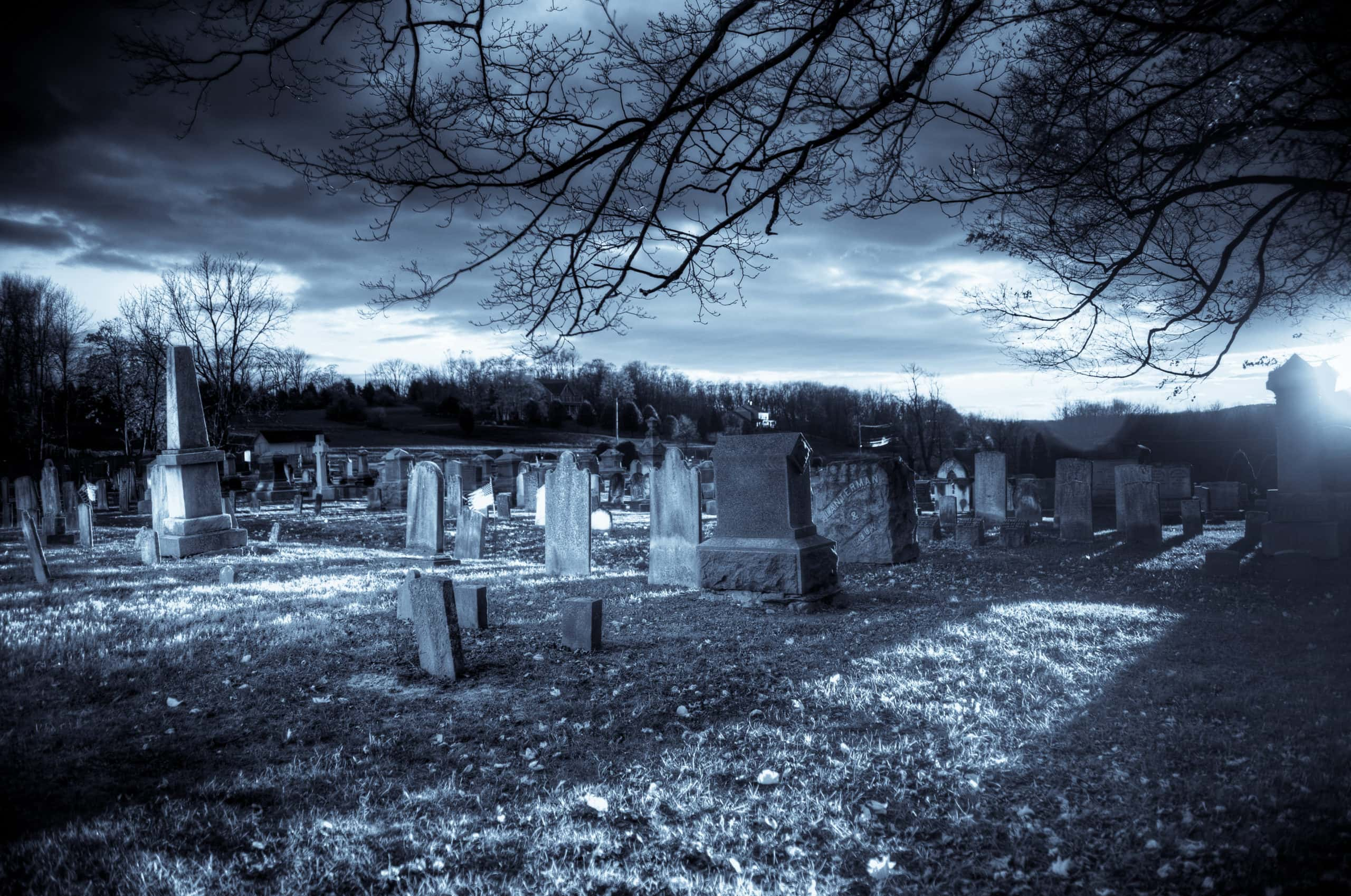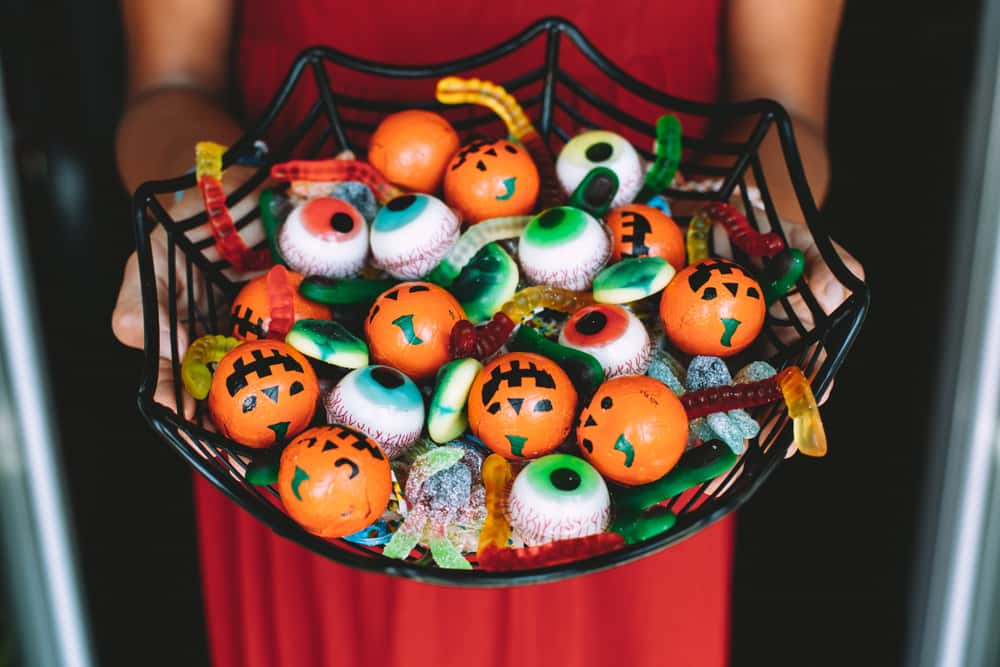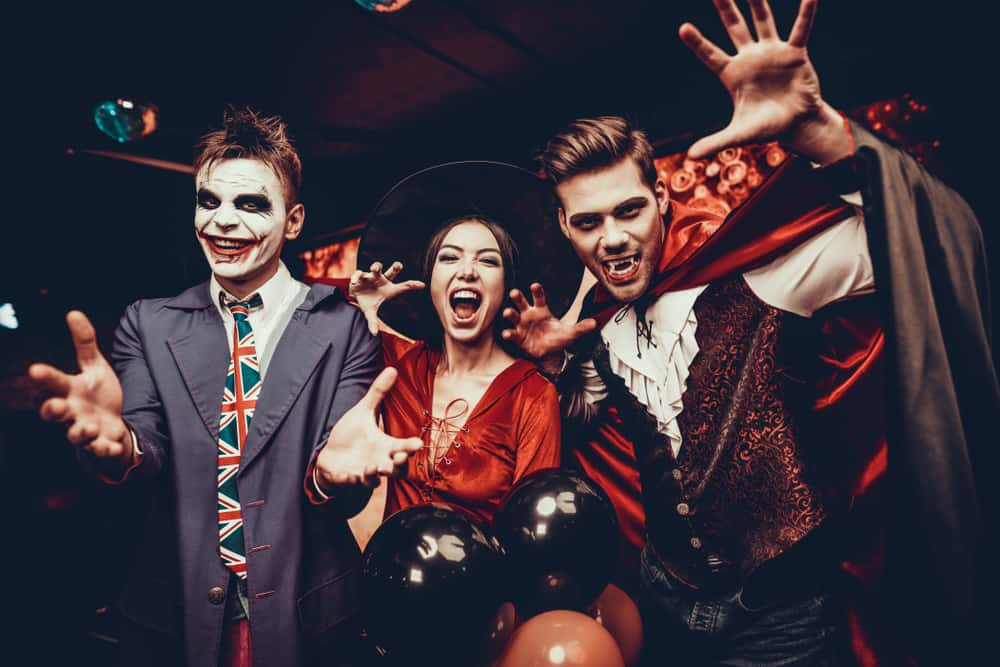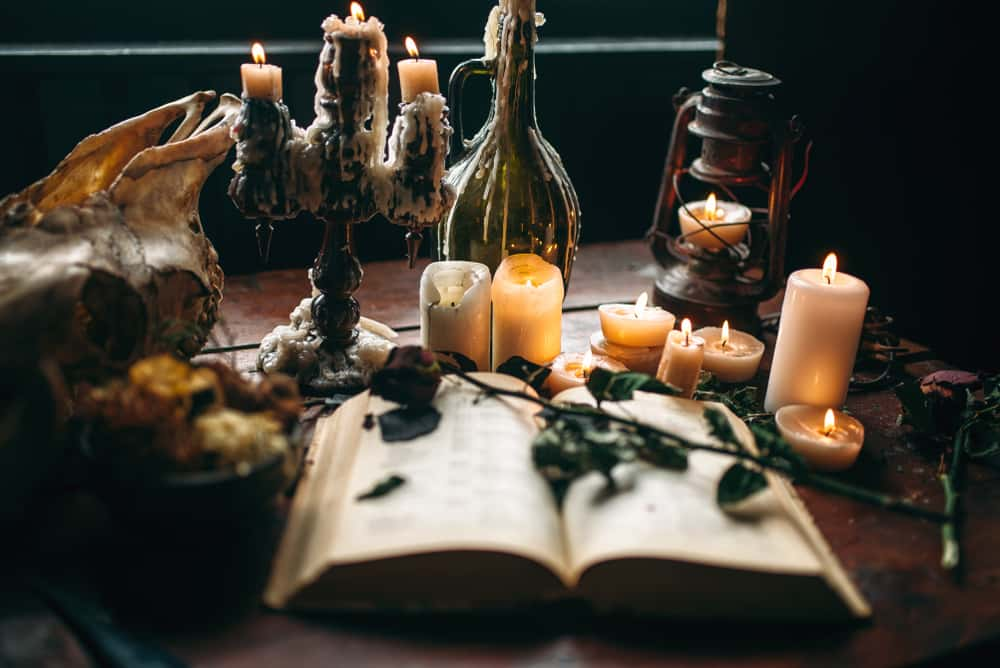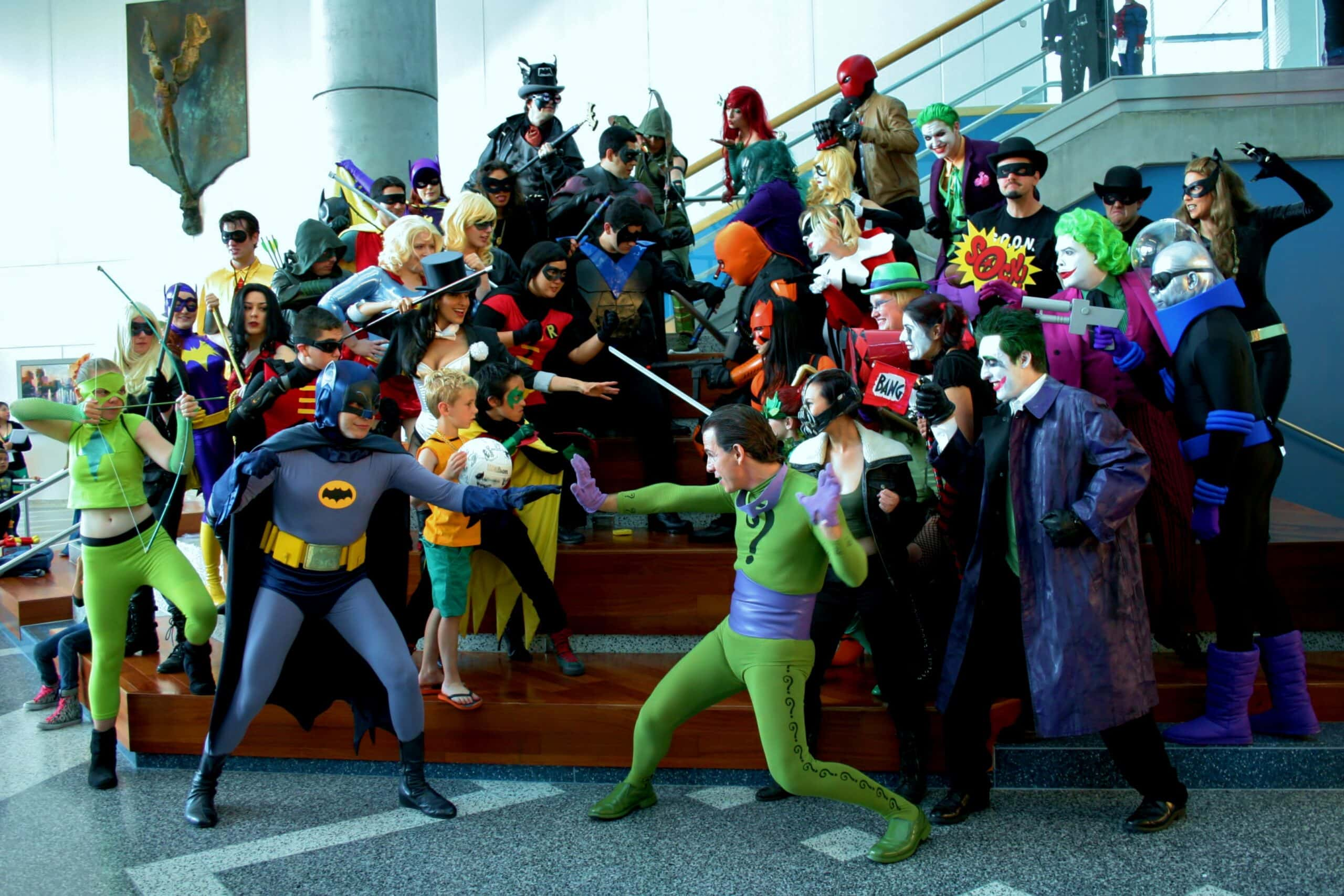The Psychology of Halloween

Halloween, celebrated on October 31st, is a fusion of ancient rituals, religious observances, and commercial influences. But have you ever stopped to wonder about the psychological underpinnings of this eerie festivity?
From our fascination with fear to the allure of role-playing, Halloween provides a window into the human psyche.
Our Fascination with Fear
At its core, Halloween revels in the macabre, offering a sanctioned space to confront our deepest fears and anxieties.
According to a 2007 study by Glenn Walters, the three primary factors that keep us coming back to Halloween are:
- Tension (generated by uncertainty and unpredictability)
- Relevance (personal connection to the fear)
- Unrealism (knowing deep down that what terrifies us during Halloween is fictional).
These factors make controlled fear – like haunted houses or horror films – thrilling and fun.
The Allure of Dressing Up

Costuming is a significant part of Halloween, offering both children and adults an opportunity for role-playing and fantasy.
According to a survey by the National Retail Federation in 2019, nearly 68% of Americans planned to celebrate Halloween, with over 31% attending or throwing a party.
Costuming allows for an exploration of different aspects of one's personality, a temporary escape from one's identity, or even a reflection of one's inner desires and aspirations.
Death and Our Mortality
Historically, Halloween was a time to honor the dead and recognize the thin boundary between the living and the deceased.
Psychologically, these traditions can be seen as society's way of confronting and making peace with the concept of death.
By mocking or personifying death – think skeletons, ghosts, and the Grim Reaper – we, in a sense, diminish its power over our psyche.
Candy and Rewards
The act of trick-or-treating taps into our basic psychological reward systems.
According to a 2018 report, Americans spent an estimated $2.6 billion on Halloween candy.
This ritual reinforces social bonds within communities, encourages socialization, and satiates our innate love for sugary treats, which evolutionary psychologists believe stems from our ancestors' need for calorie-rich foods.
Group Dynamics and Conformity
Ever noticed how Halloween celebrations often involve group activities, be it trick-or-treating in squads or attending parties?
Social psychologists explain this phenomenon through conformity and social identity theory. When individuals feel part of a group (like fellow Halloween enthusiasts), they are more likely to conform to group norms and behaviors, strengthening community ties.
Catharsis and Emotional Release
The themes of Halloween can also provide a cathartic experience for many. Engaging with dark or taboo topics in a controlled environment allows individuals to confront these emotions and achieve a sense of release, much like the cathartic effects Aristotle attributed to tragedy plays.
Final Thoughts
Halloween, beyond the candy and costumes, serves as a psychological mirror, reflecting our societal and individual needs, fears, and desires.
It's more than just a holiday; it's a journey into the vast corridors of the human mind, lit by jack-o'-lanterns and filled with both frights and delights.



